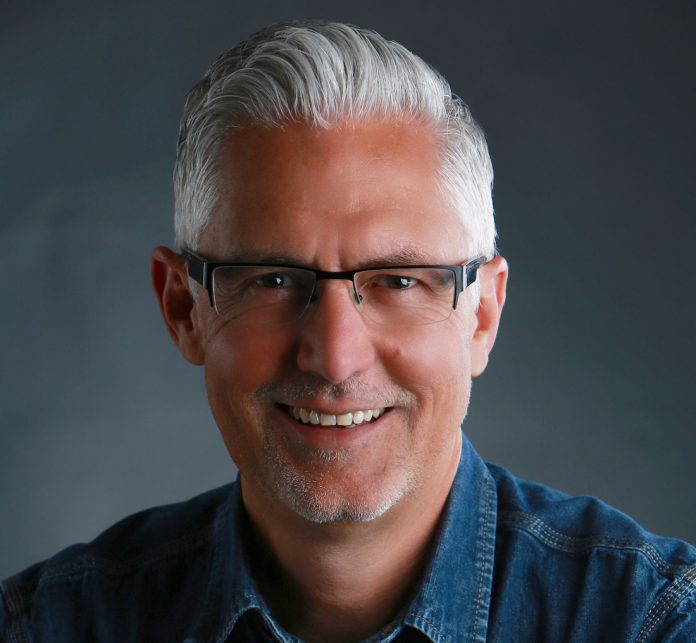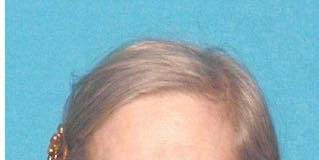Memo from Pastor Rene:
There they were, side by side, helping to feed evacuees in our church parking lot last week: A true red-state conservative and a deep blue Democrat. I knew this about the two men from previous conversations, but as I watched them serve sandwiches to refugees from the wildfire there was no rancor; in fact, they were both smiling and laughing.
In these divisive times, that’s a big deal.
How did they find a way to get along? Here’s a hint. As I strolled through the village of campers, RVs and trailers that had sprung up overnight and chatted with people their comments all shared a theme:
“This is like a slice of heaven, people are so kind and loving.”
“It’s given us peace, just feeling the love during a scary time for everyone.”
“I couldn’t imagine a more loving place to be in a time when you just feel broken.”
The common denominator? Not food or shelter or clothes. I’m sure they appreciated that. But what they all talked about was the love.
In this summer of escalating hatred, loving others—and being loved—feels revolutionary. We’re in a cultural moment when passionate demands for justice and equality—and deep concerns about the direction of our country—are being tragically eclipsed by violence and hatred on the part of a few. Now the peaceful majority is faced with a choice. We can take the bait of the purveyors of hatred and keep raising the volume and increasing the intensity of our disdain for one another, or we can go higher and better and respond instead with love.
Love does not mean slowing down our political engagement or watering down our passion for justice. But love creates a motivation that changes everything.
Dr. Martin Luther King Jr.’s favorite verse of the Bible was Matthew 5:45, where Jesus commands, “Love your enemies.” A cliché? Dr. King thought this verse so mission-critical he preached on it at least once a year.
In a 1957 sermon, Dr. King said love for enemies must start by recognizing, in our shared humanity, the image of God in each person. “When you come to the point that you look in the face of every man and see deep down within him ‘the image of God’, you begin to love in spite of,” preached Dr. King.
But most important to Dr. King was not the how; it was the why. Unless we learn to love beyond differences, only doom awaits. Our communities can survive viruses and rebuild after fires, but hatred can take down a nation.
First, hate destroys the one who hates. “Hate distorts the personality of the hater. Begin hating, and you will do irrational things. You can’t see straight when you hate. You can’t walk straight when you hate. Your vision is distorted.”
And hate destroys communities. “Hate for hate only intensifies the existence of hate and evil,” he said. “If I hit you and you hit me and I hit you back, that goes on ad infinitum…a descending spiral ending in destruction for everybody. Somebody must have sense enough to cut off the chain. And you do that by love.”
One huge obstacle: We’re all tethered to news feeds on our digital devices constantly pumping us full of adrenalized anger and fear. Break away from the screens and learn the secret discovered by those two men at our evacuation center: When we serve together in love, working side by side at food banks and shelters and churches, it’s difficult to villainize one another. Instead we foster relationships that promote real understanding and positive change. Start with your own neighbors. Look for ways to show love to someone you disagree with politically. And if you don’t know anyone you disagree with politically, that might be part of the problem.
Dr. King saw one more reason to love our enemies: God’s redemptive love for all of us. “Love has within it a redemptive power, a power that eventually transforms individuals,” he said. “When I follow Christ and say to you, ‘I love you. I would rather die than hate you.’ I’m foolish enough to believe that through the power of this love, some of the most recalcitrant bent will be transformed.”
I’m willing to be that foolish. How about you?
Rene Schlaepfer is senior pastor of Twin Lakes Church in Aptos, www.tlc.org.










